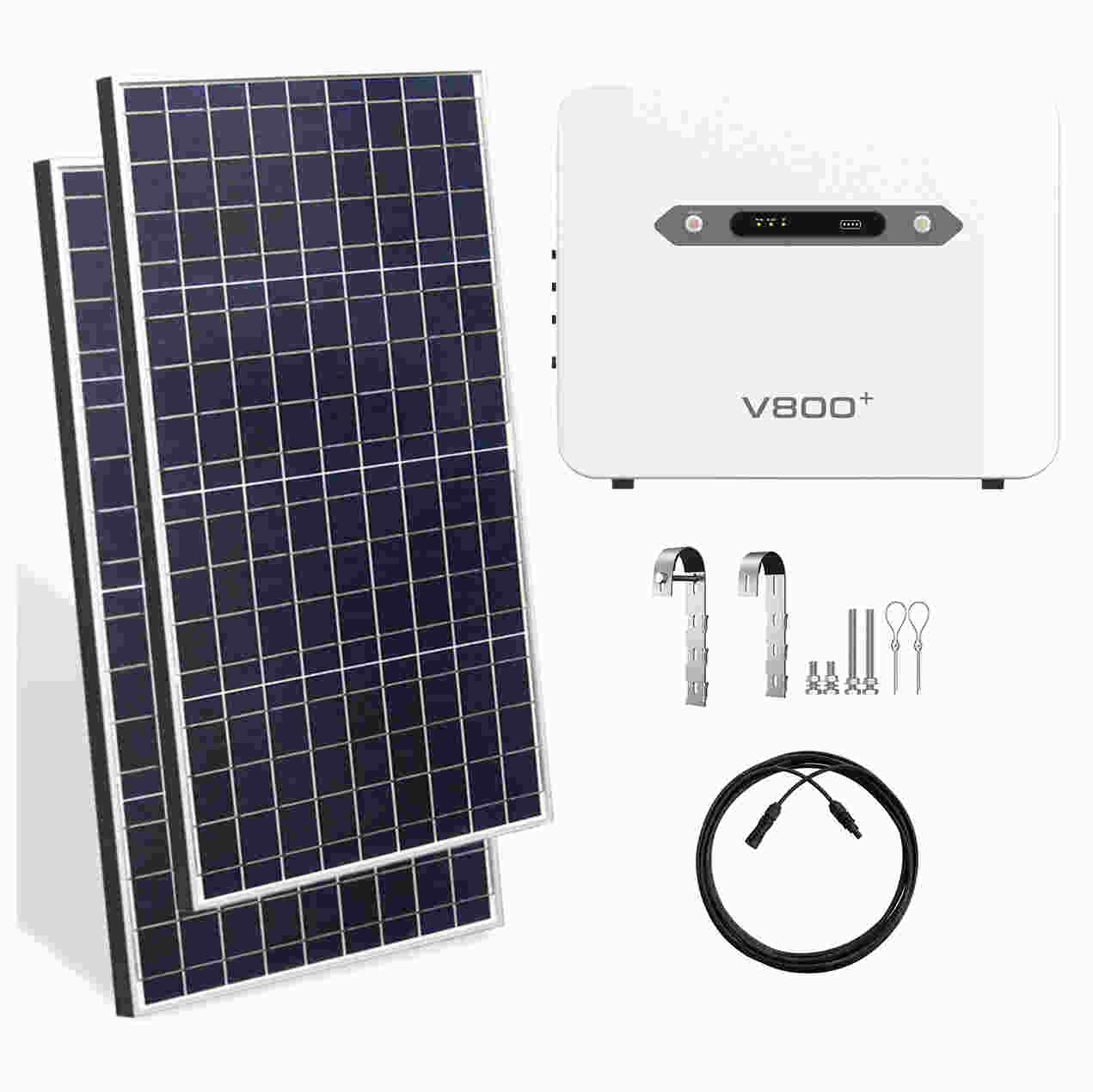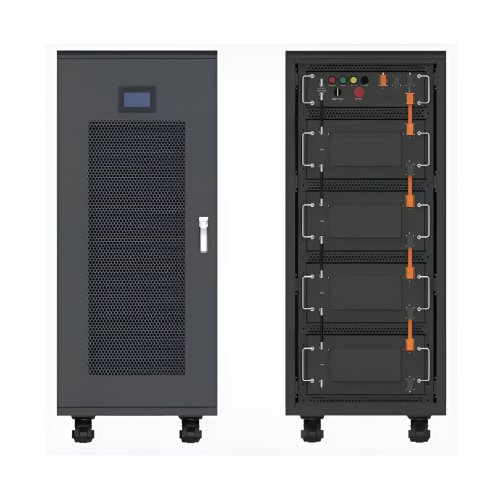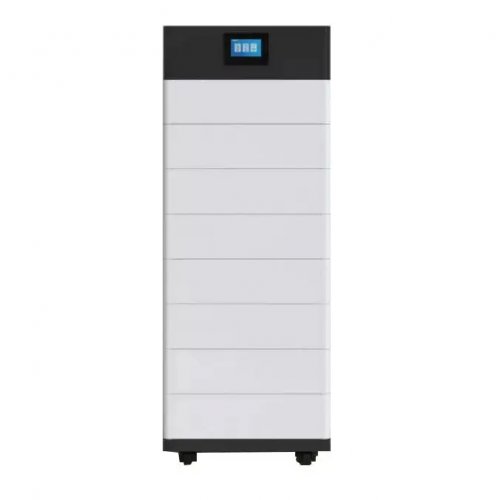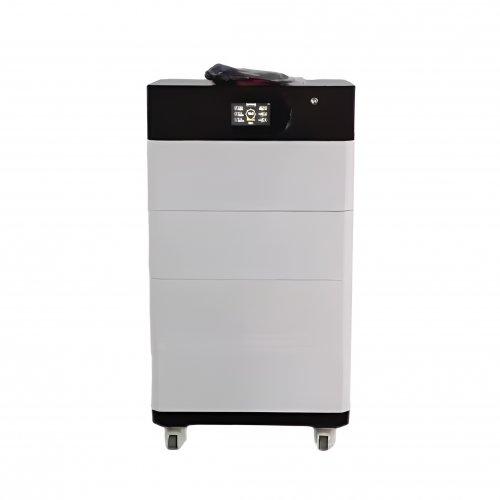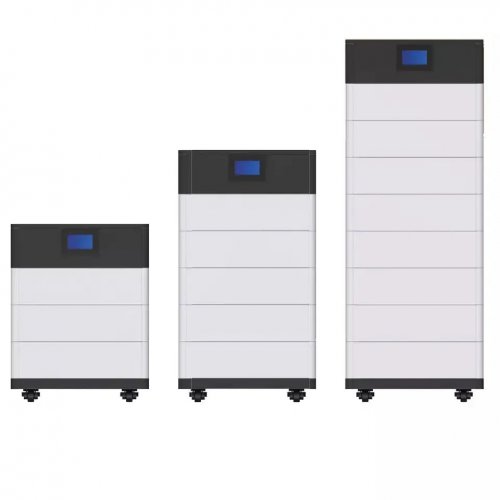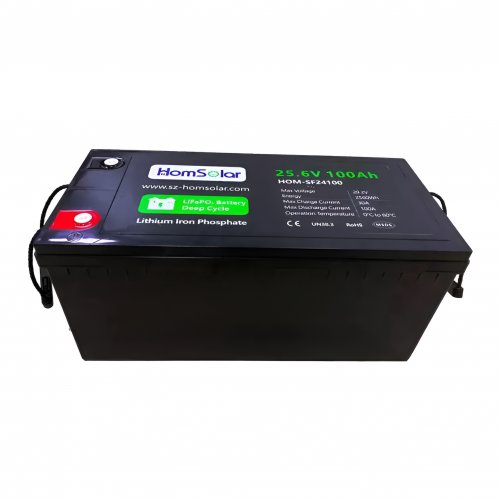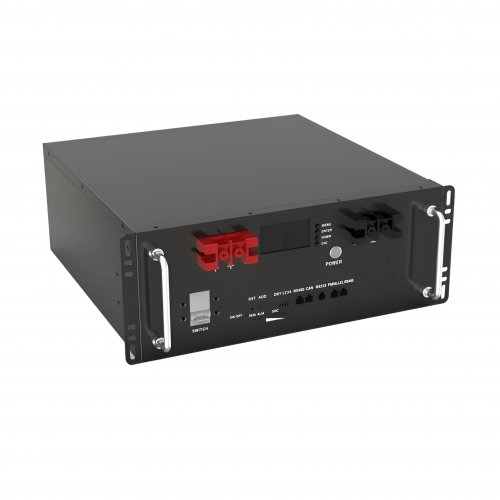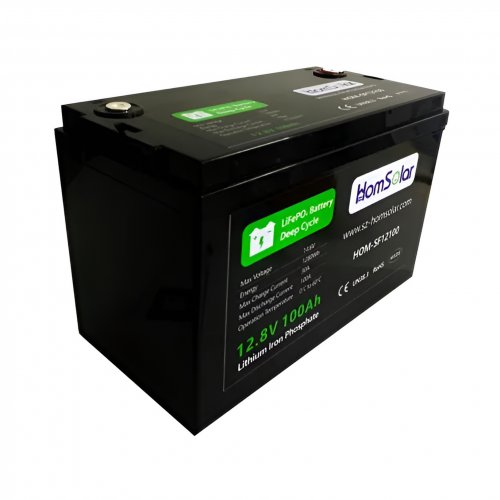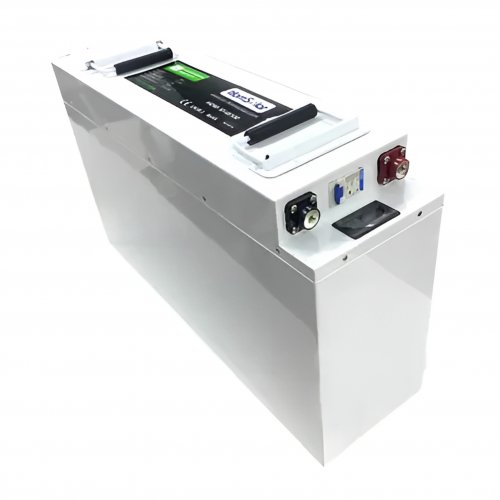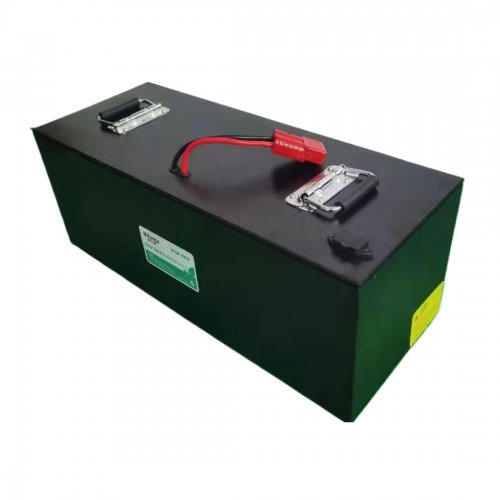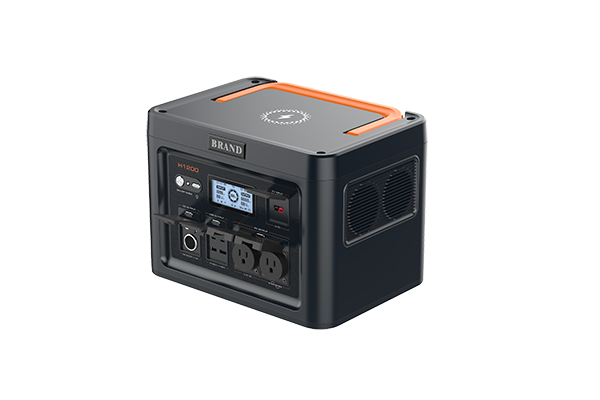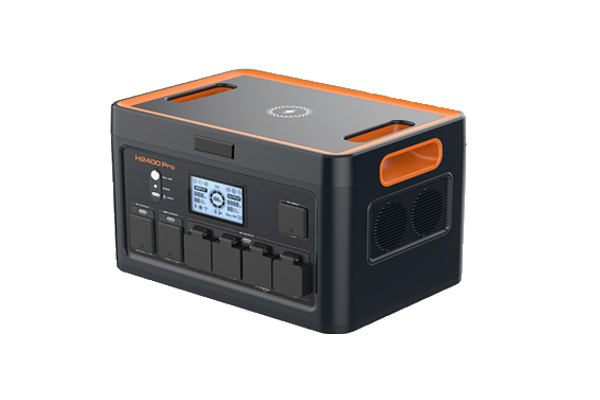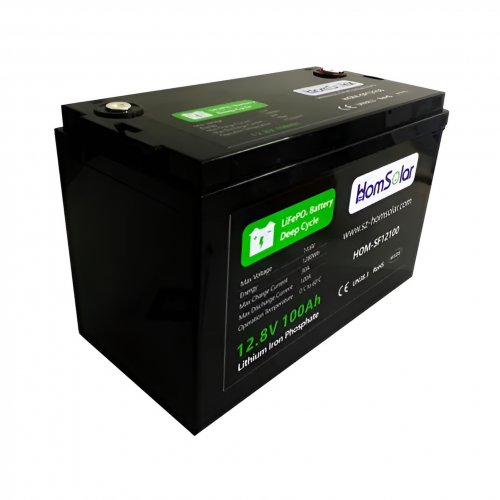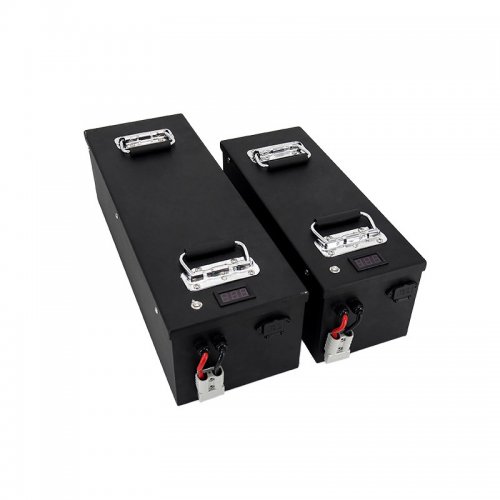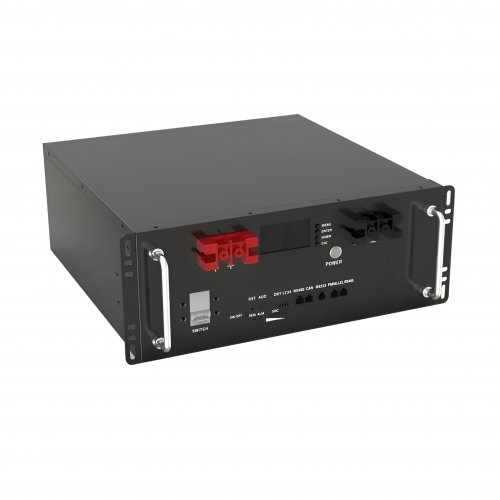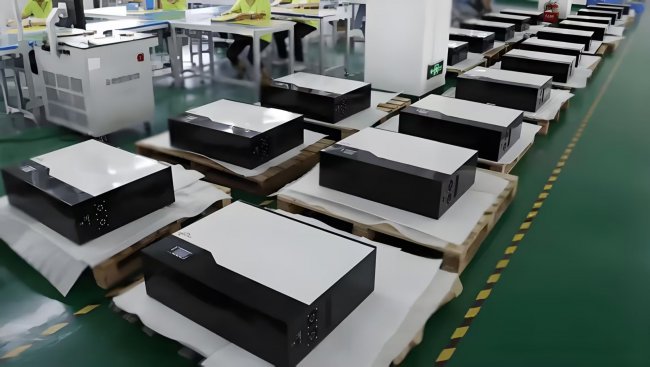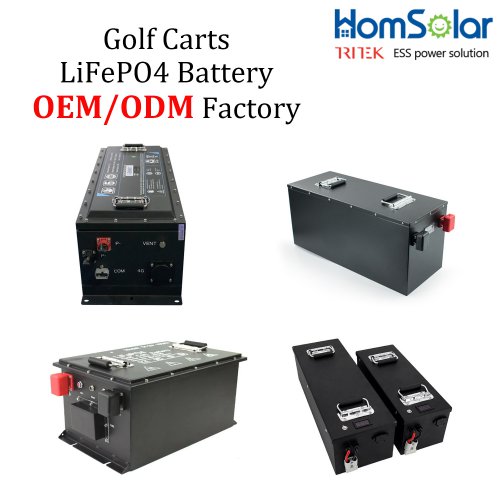Lithium Iron Phosphate Battery News: Surging Demand Reshapes Global Energy Storage And Ev Markets
The global energy storage landscape is undergoing a significant transformation, increasingly colored by the distinct advantages of Lithium Iron Phosphate (LFP) chemistry. Once considered a niche player primarily in the Chinese electric vehicle (EV) market, LFP batteries are now at the forefront of a worldwide expansion, challenging the long-standing dominance of Nickel Manganese Cobalt (NMC) batteries. Driven by compelling economic, safety, and supply chain factors, the LFP sector is experiencing unprecedented growth, influencing strategies from automotive giants to utility-scale energy storage providers.
Latest Industry Dynamics: From Regional Favorite to Global Mainstay
The most prominent recent development is the aggressive adoption of LFP technology by Western automakers. After years of reliance on NMC for its higher energy density, companies like Tesla, Ford, and Volkswagen are now rapidly integrating LFP batteries into their mass-market vehicles. Tesla has already made LFP the standard for its Model 3 and Model Y base models globally, while Ford is utilizing LFP packs in its Mustang Mach-E and F-150 Lightning to offer more affordable variants. This strategic pivot is a direct response to volatile raw material costs, particularly for cobalt and nickel.
Simultaneously, the supply chain for LFP is globalizing at a remarkable pace. While China currently commands over 90% of the LFP production capacity, major investments are being announced outside its borders. Companies like LG Energy Solution and SK On in South Korea are developing their LFP product lines, aiming for commercial production in the coming years. In the United States, domestic battery startups, supported by government initiatives like the Inflation Reduction Act, are securing funding to build gigafactories dedicated to LFP cell production. This decentralization aims to create more resilient and geographically diverse supply chains, reducing reliance on a single region.
In the energy storage sector (ESS), LFP has already become the de facto standard for new projects. Its superior safety profile and long cycle life make it exceptionally well-suited for stationary storage applications, where space is less of a constraint than in a vehicle. Recent months have seen announcements of multi-gigawatt-hour LFP-based ESS projects worldwide, solidifying its position as the cornerstone technology for grid stabilization and renewable energy integration.
Trend Analysis: The Drivers Behind the LFP Ascendancy
Several key trends are fueling the rise of LFP, and they are expected to persist and evolve in the medium to long term.
1. The Cost and Safety Imperative: The primary driver remains the compelling cost-benefit analysis. LFP chemistry avoids expensive cobalt, leading to a significantly lower cost per kilowatt-hour. Furthermore, its superior thermal and chemical stability drastically reduces the risk of thermal runaway, making it a safer option. This reduces the need for complex and expensive battery management and cooling systems, lowering the total cost of ownership for both EVs and ESS. As safety regulations tighten globally, LFP’s inherent stability becomes an even more valuable asset.
2. Innovations Mitigating Traditional Weaknesses: Historically, LFP’s lower energy density was its main drawback. However, continuous innovation is closing this gap. Through cell-to-pack (CTP) and cell-to-chassis (CTC) technologies, manufacturers are improving the overall pack-level energy density by reducing non-active materials. Improvements in cathode nano-engineering and graphite-silicon anodes are also pushing the boundaries of LFP’s performance, enabling longer driving ranges that are now satisfying a broader segment of the consumer market.
3. Supply Chain Security and Sustainability: The geopolitical and ethical concerns surrounding cobalt sourcing have pushed automakers to seek alternatives. LFP’s cobalt-free chemistry offers a more politically stable and ethically palatable supply chain. Additionally, with a growing emphasis on battery recycling, LFP’s simpler chemistry is viewed as potentially easier and more economical to recycle at scale, aligning with circular economy goals.
4. The Second-Life Battery Market: As the first generation of EVs begins to age, the market for repurposed batteries is emerging. LFP batteries, with their extended cycle life, are ideal candidates for second-life applications in less demanding ESS roles after their automotive service. This potential for a valuable second life further enhances the total lifecycle economics of LFP packs.
Expert Perspectives: A Cautiously Optimistic Outlook
Industry experts largely concur on the positive trajectory for LFP but highlight areas of ongoing competition and challenge.
Dr. Elena Rodriguez, a battery materials researcher at a European technical university, states, "We are witnessing a fundamental rebalancing of the battery market. The narrative is no longer about one chemistry winning over the other, but about the right chemistry for the right application. For urban EVs, commercial fleets, and virtually all stationary storage, LFP is becoming the logical choice. The innovation race has now shifted to perfecting the LFP manufacturing process and further enhancing its performance through material science."
A procurement executive from a major US automaker, who spoke on condition of anonymity, highlighted the strategic calculus: "Our shift to LFP is a dual-pronged strategy. It insulates us from cobalt price spikes and opens up a lower price point for entry-level EVs, which is crucial for mass adoption. The challenge for the industry now is to build a robust, non-Chinese LFP supply chain with the same level of cost efficiency and quality."
However, some analysts sound a note of caution. Michael Tan, a clean technology analyst at a global financial firm, points to potential future bottlenecks. "While LFP avoids the cobalt problem, it intensifies demand for lithium carbonate. We are also watching the development of sodium-ion batteries closely. While not a direct replacement yet, they could emerge as a disruptive, lower-cost technology for specific segments in the future, potentially impacting the LFP market in the latter half of this decade."
In conclusion, the Lithium Iron Phosphate battery is no longer an alternative technology but a central pillar of the global transition to electrification. Its ascendancy is being cemented by a powerful combination of safety, cost, and longevity, forcing a strategic realignment across the automotive and energy industries. As manufacturing capacity expands globally and technological refinements continue, LFP is poised to power a significant and growing portion of the world's electric vehicles and clean energy infrastructure for years to come.
Customized/OEM/ODM Service
HomSolar Supports Lifepo4 battery pack customization/OEM/ODM service, welcome to contact us and tell us your needs.


HomSolar: Your One-stop LiFePO4 Battery Pack & ESS Solution Manufacturer
Our line of LiFePO4 (LFP) batteries offer a solution to demanding applications that require a lighter weight, longer life, and higher capacity battery. Features include advanced battery management systems (BMS), Bluetooth® communication and active intelligent monitoring.

Customised Lithium Iron Phosphate Battery Casing
ABS plastic housing, aluminium housing, stainless steel housing and iron housing are available, and can also be designed and customised according to your needs.

HomSolar Smart BMS
Intelligent Battery Management System for HomSolar Energy Storage System. Bluetooth, temperature sensor, LCD display, CAN interface, UART interface also available.


Terminals & Plugs Can Be Customized
A wide range of terminals and plugs can be customised to suit the application needs of your battery products.

Well-designed Solutions for Energy Storage Systems
We will design the perfect energy storage system solution according to your needs, so that you can easily solve the specific industry applications of battery products.



About Our Battery Cells
Our energy storage system products use brand new grade A LiFePO4 cells with a battery lifespan of more than 4,000 charge/discharge cycles.



Applications in Different Industries
We supply customized & OEM battery pack, assemble cells with wiring, fuse and plastic cover, all the cell wires connected to PCB plug or built BMS.
Applications: E-bike, Electric Scooter, Golf Carts, RV, Electric Wheelchair, Electric Tools, Robot Cleaner, Robot Sweeper, Solar Energy Storage System, Emergency Light, Solar Power Light, Medical Equipment, UPS Backup Power Supply.
We can provide you with customized services. We have the ability to provide a vertical supply chain, from single cells to pack/module and to a complete power solution with BMS, etc.


HomSolar (Shenzhen) Technology Co., Ltd







